The buried treasures of Swiss cinema

This year’s Locarno Film Festival, which ended on Saturday, was also an opportunity to rediscover some gems of Swiss cinema that had fallen into oblivion. Pierre Jendrysiak, a French film critic and lecturer in film studies at the University of Lille, reflects on two of them.
If Swiss cinema is a treasure, it is a buried treasure. It is too often hidden, forgotten and underestimated, and even its greatest filmmakers – Alain Tanner in particular – are often unknown to film buffs.

More
Debutantes are big winners at Locarno Film Festival
For this reason, the Cinémathèque Suisse, a long-standing collaborator of the Locarno Film Festival, proposed this year to rediscover two recently digitally restored films, presented in the festival’s Histoire(s) du Cinéma section: Repérages (Faces of Love) (1977) by Michel Soutter, one of the members of Groupe 5, which brought together some of the greatest Swiss filmmakers of the 1960s, and L’Allégement (The Unburdening)(1983), the first feature film by Marcel Schüpbach, who made only three feature-length films between 1983 and 1995.
This double bill, entitled “Swiss Cinema Rediscovered”, was an opportunity to discover or rediscover two films that carry with them a strange, dated charm.

Literary charm
This slightly icy charm comes, first of all, from a certain literary influence, which appears in a very different way in both films. Repérages takes Chekhov’s Three Sisters as its basis in two ways: the story is that of a filmmaker working on an adaptation of the play, but as the filmmaker gets down to work (first location scouting, then rehearsals), the story of the film itself merges with the Chekhovian scheme.
L’Allégement, co-written with Yves Yersin, also a member of Groupe 5, and produced by Swiss public broadcaster, RTS, is an adaptation of a story by Jean-Pierre Monnier, evoking two confused and poetic stories of love in remote parts of the Jura, northwestern Switzerland, separated in time but linked by complex historical and family ties.
On the one hand, then, a dramatic, theatrical influence; on the other, a novelistic influence. On the one hand, in Repérages the theatre becomes a metaphor for the cinema as well as a place for exposing human relationships, especially those of love. We soon realise that the director, Victor (Jean-Louis Trintignant), is producing this film in order to work with his ex-girlfriend Julie (Delphine Seyrig).
On the other, L’Allégement, a truly poetic world, where the most lyrical declarations of love (“You can’t know anything about me, in the depths of your eyes there is the reflection of me”) are whispered beside streams and written in beautiful notebooks.

Sublime surprises
Soutter’s film is also a very eloquent shot of 1970s cinema, marvellously illustrating both the dead ends and the sublime surprises opened up by the various European new waves.
Repérages is almost a cousin to a film by another little-known French director who has been rediscovered as a treasure in recent years: Guy Gilles, and his strange film about idle gangsters, Le Jardin qui bascule (The Garden that Tilts) (1975). It is, of course, the presence of Delphine Seyrig that triggers this connection, but also the closed world in which the story quickly becomes enclosed – a house, a garden, a text.
Although Repérages is one of the rare Soutter films to have had a comfortable budget, it is in its most modest corners that it draws its beauty. One even wonders if there isn’t a touch of irony on Soutter’s part in the scene where Victor evicts the rich bourgeois couple from their house to begin rehearsals for his film.
L’Allégement, for its part, is less directly rooted in its time, but its relationship to the history of cinema seems even more nostalgic, or at least retrospective: with its sepulchral black and white (well highlighted by the digital restoration at the Cinémathèque Suisse), its aesthetic rigidity and its syncopated rhythm, it evokes the very idea of modern European cinema.

reaches, the cinema of Robert Bresson; with a literary quality of speech that also evokes the films of Alain Resnais or Alain Robbe-Grillet.
L’Allégement is, in fact, a film that does nothing but try to lighten up, to rid itself of all superfluity, retaining only the grandiose peaks of its love stories, isolated gestures, images that are quickly hidden (one of the film’s recurring gestures is to unhook or flip frames).
Certain kitsch
The best of these is the appearance of Roger Jendly, the unforgettable farmer-ethologist in Alain Tanner’s Jonas qui aura 25 ans en l’an 2000 (Jonah Who Will Be 25 in the Year 2000), also screened in the festival’s Histoire(s) du Cinéma section, who goes to see Victor and his three actresses and offers to play Chebutykin.
Faced with the director’s hesitations, he offers to play Chekhov’s death for them, which he does so wonderfully that he actually dies before their eyes. Such a scene, which moves from the comic to the absurd via embarrassment and a certain tragedy, is unthinkable in the univocal, cold, dreamlike but nightmarish, poetic but elegiac film that is L’Allégement – a film mired in a certain dark romanticism. Whereas Repérages is rather illuminated by what might be called a white romanticism.

Admittedly, the poetry of these two films goes hand in hand with a certain kitsch. These rediscovered films resemble time capsules, even pastiches of a certain idea of the European cinema of their time, a cinema that is almost obsolete.
Basically, it’s a secondary cinema that we’ve been given to see at Locarno; two names taken from a B-list of modern cinema (we could add European and French-speaking). But that’s precisely the point of such a programme.
Without overestimating its importance, we can say that it allows us to place a few stars on a map of the sky – not those that shine the brightest, but stars nonetheless, that belong to a certain constellation in the history of cinema. We hope to discover others, probably just as surprising, at the next edition of the Locarno Film Festival.
Edited by Samuel Jaberg. Translated from French by DeepL/ts

In compliance with the JTI standards
More: SWI swissinfo.ch certified by the Journalism Trust Initiative


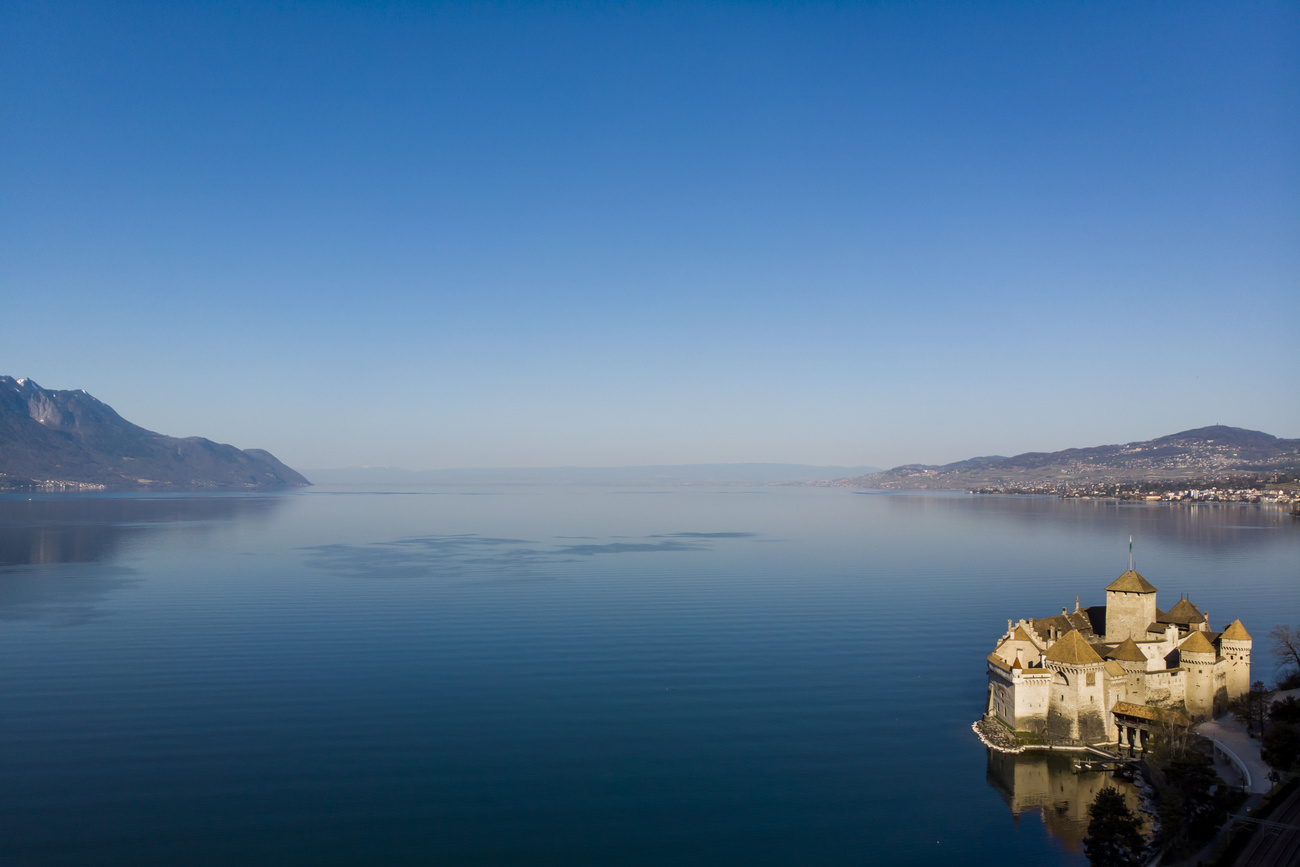
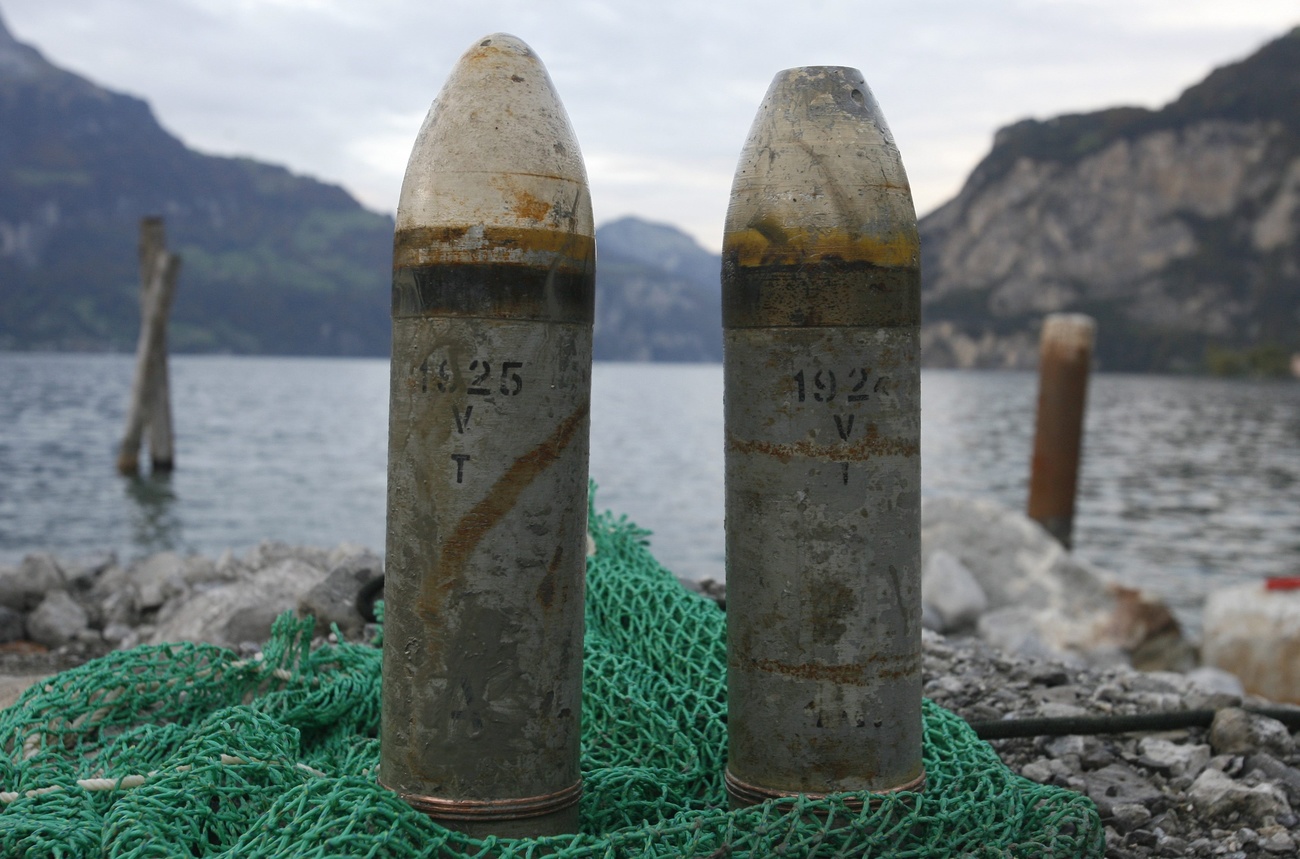


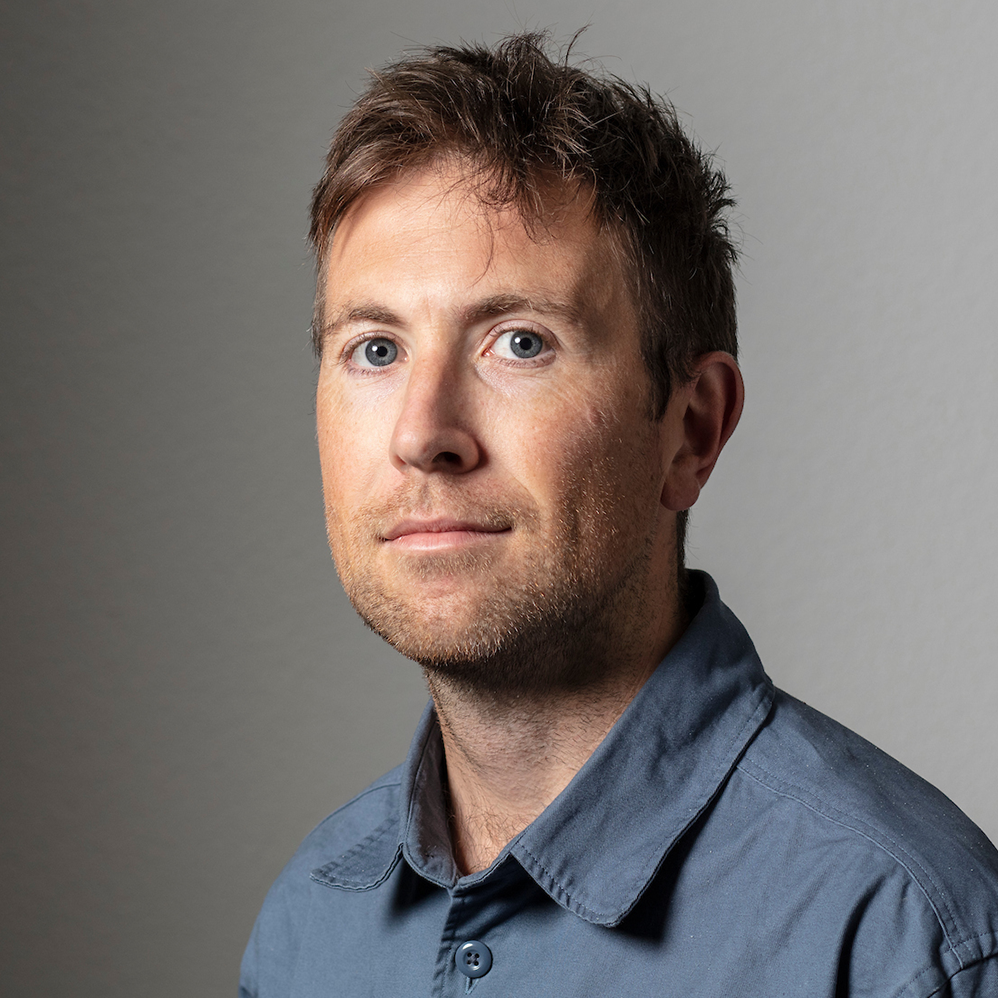
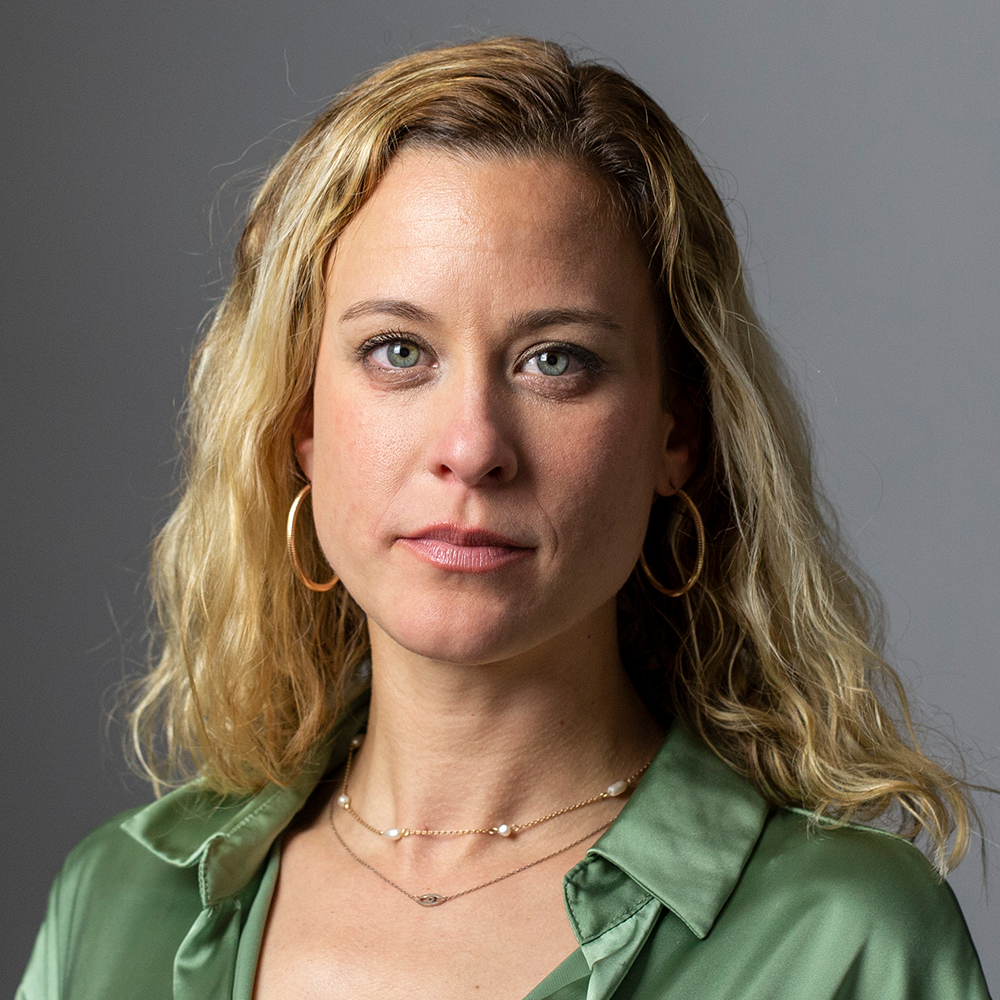


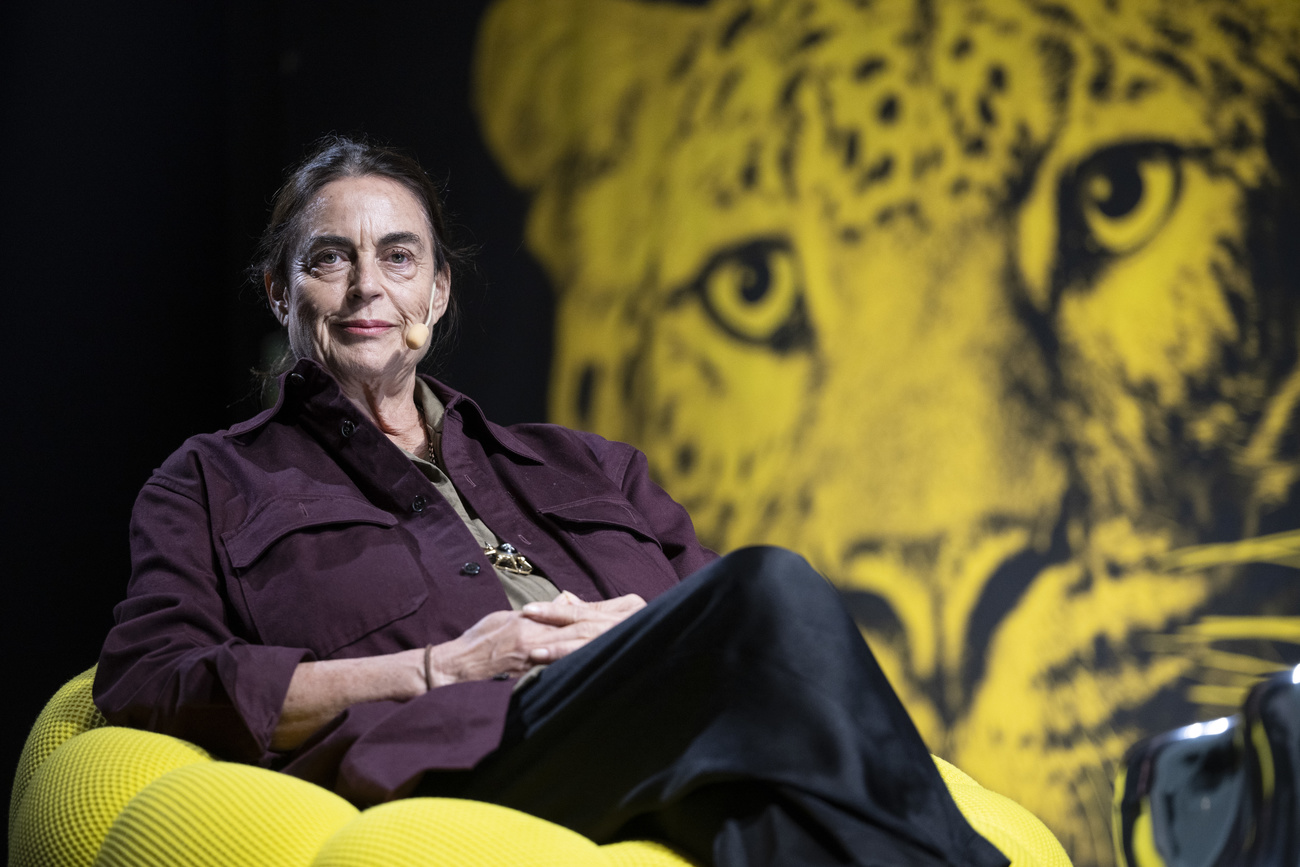
You can find an overview of ongoing debates with our journalists here . Please join us!
If you want to start a conversation about a topic raised in this article or want to report factual errors, email us at english@swissinfo.ch.